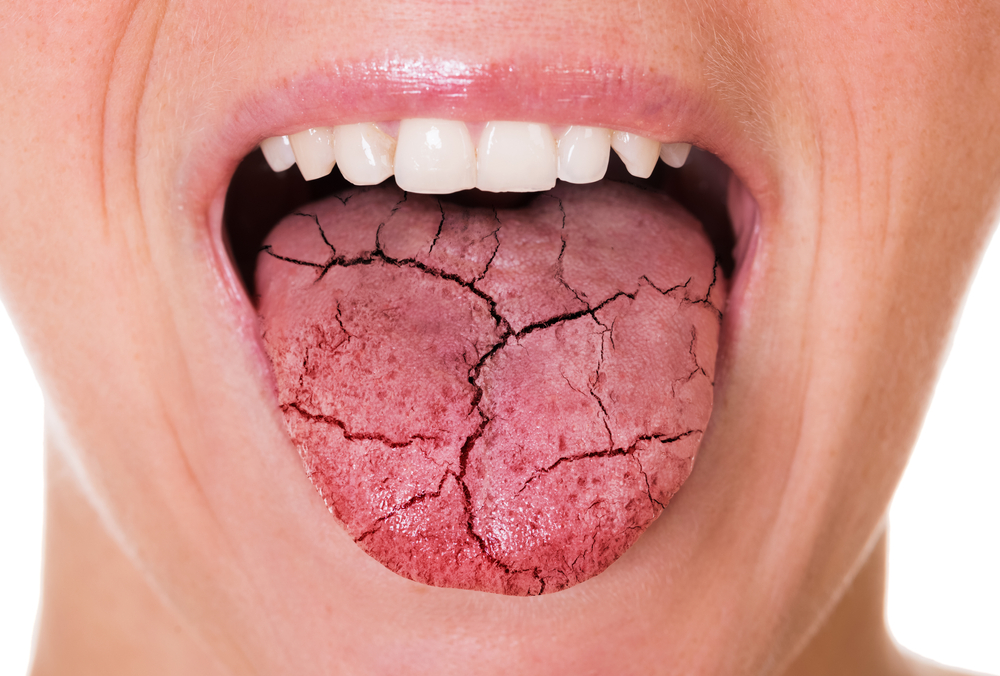Dry mouth, also known as xerostomia, is a condition characterized by a reduced production of saliva. While it may seem like a minor issue, dry mouth can have significant implications for oral health. Understanding its causes, effects, and proper dental care is essential in managing this condition effectively.
Causes of Dry Mouth:
Various factors can contribute to dry mouth, including:
- Medications: Numerous medications, including those for allergies, depression, high blood pressure, and pain, can cause dry mouth as a side effect.
- Medical Conditions: Certain diseases or medical treatments like radiation therapy can affect salivary gland function, leading to decreased saliva production.
- Dehydration: Inadequate fluid intake or conditions that cause excessive sweating can result in temporary dry mouth.
- Lifestyle Factors: Smoking, mouth breathing, and excessive caffeine or alcohol consumption can contribute to dry mouth.
Effects on Oral Health:
Saliva plays a crucial role in oral health by cleansing the mouth, neutralizing acids, and aiding in digestion. Reduced saliva production can lead to several oral health issues:
- Increased Cavities: Without enough saliva to wash away food particles and neutralize acids, the risk of tooth decay and cavities rises.
- Gum Disease: Dry mouth can contribute to gum irritation and inflammation, increasing the risk of gum disease.
- Bad Breath: Saliva helps wash away bacteria in the mouth. Reduced saliva can lead to bacterial overgrowth, causing persistent bad breath.
- Difficulty Chewing and Swallowing: Insufficient saliva can make chewing and swallowing food more challenging and uncomfortable.
Dental Care for Dry Mouth:
- Stay Hydrated: Drinking water frequently helps maintain moisture in the mouth.
- Saliva Substitutes: Using over-the-counter saliva substitutes or artificial saliva products can help alleviate dry mouth symptoms.
- Sugar-free Gum or Lozenges: Chewing sugar-free gum or using lozenges can stimulate saliva production.
- Proper Oral Hygiene: Brush teeth with fluoride toothpaste at least twice a day and floss daily to reduce the risk of cavities and gum disease.
- Regular Dental Visits: Schedule routine visits to White Flint Dental Associates for professional cleanings and oral exams to monitor and address any oral health issues related to dry mouth.
Consulting a Dental Professional:
If dry mouth persists or becomes chronic, consulting a dentist is essential. Dentists can recommend specific treatments or strategies to manage dry mouth and prevent associated oral health complications.
Conclusion:
Dry mouth can significantly impact oral health, leading to various complications if left unaddressed. By maintaining proper oral hygiene practices, staying hydrated, and seeking guidance from dental professionals, individuals with dry mouth can manage symptoms effectively and maintain good oral health.
